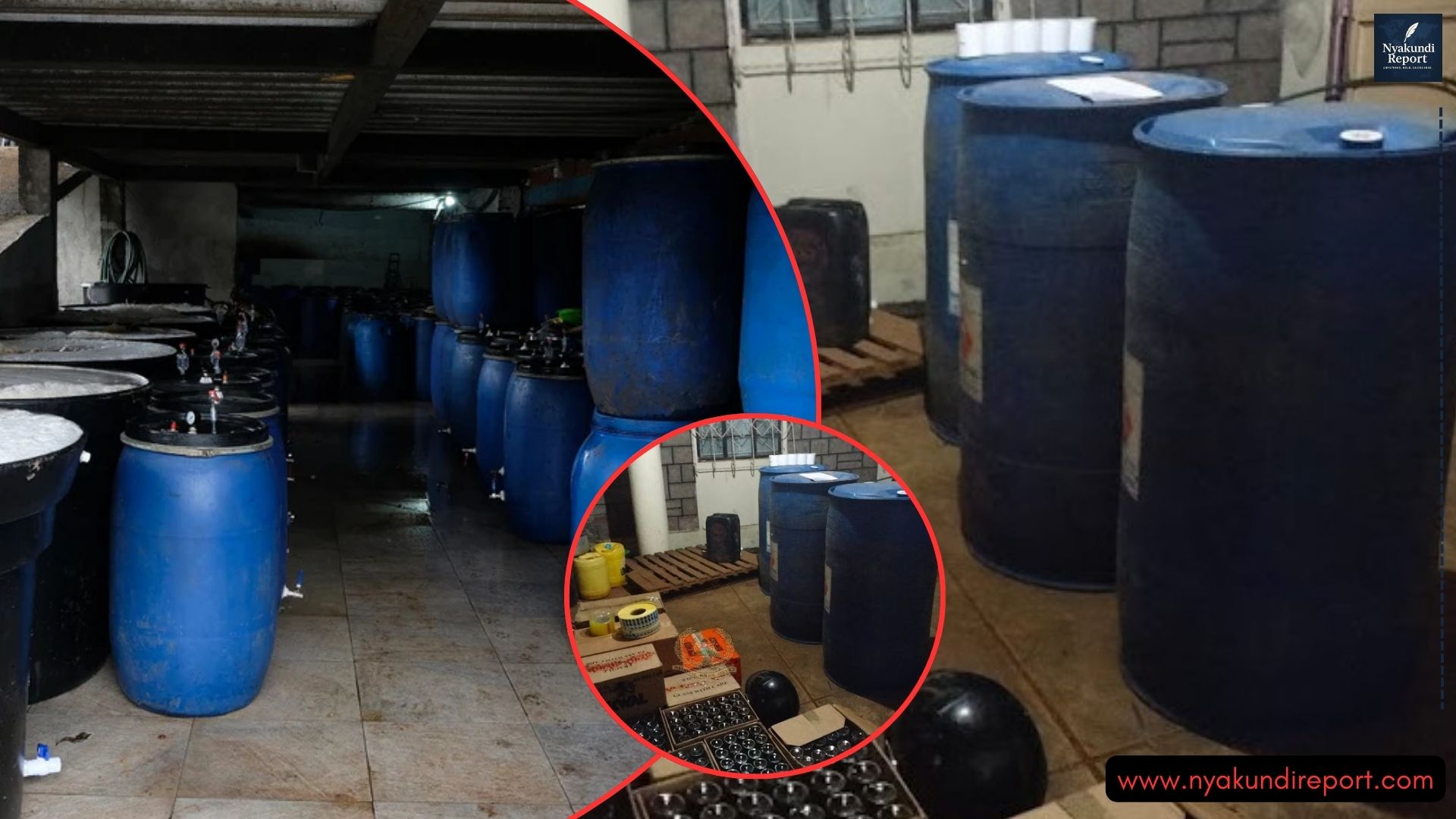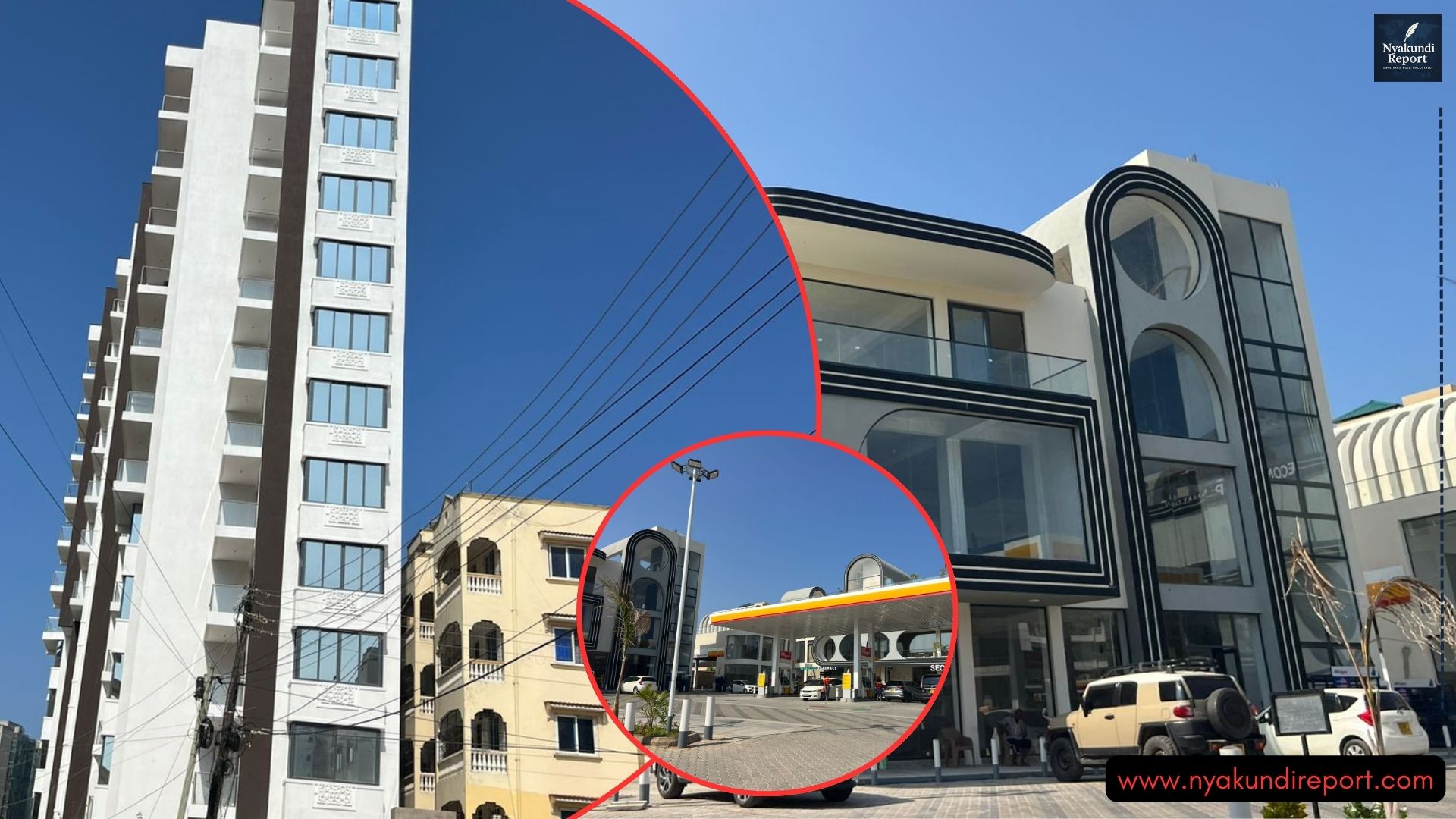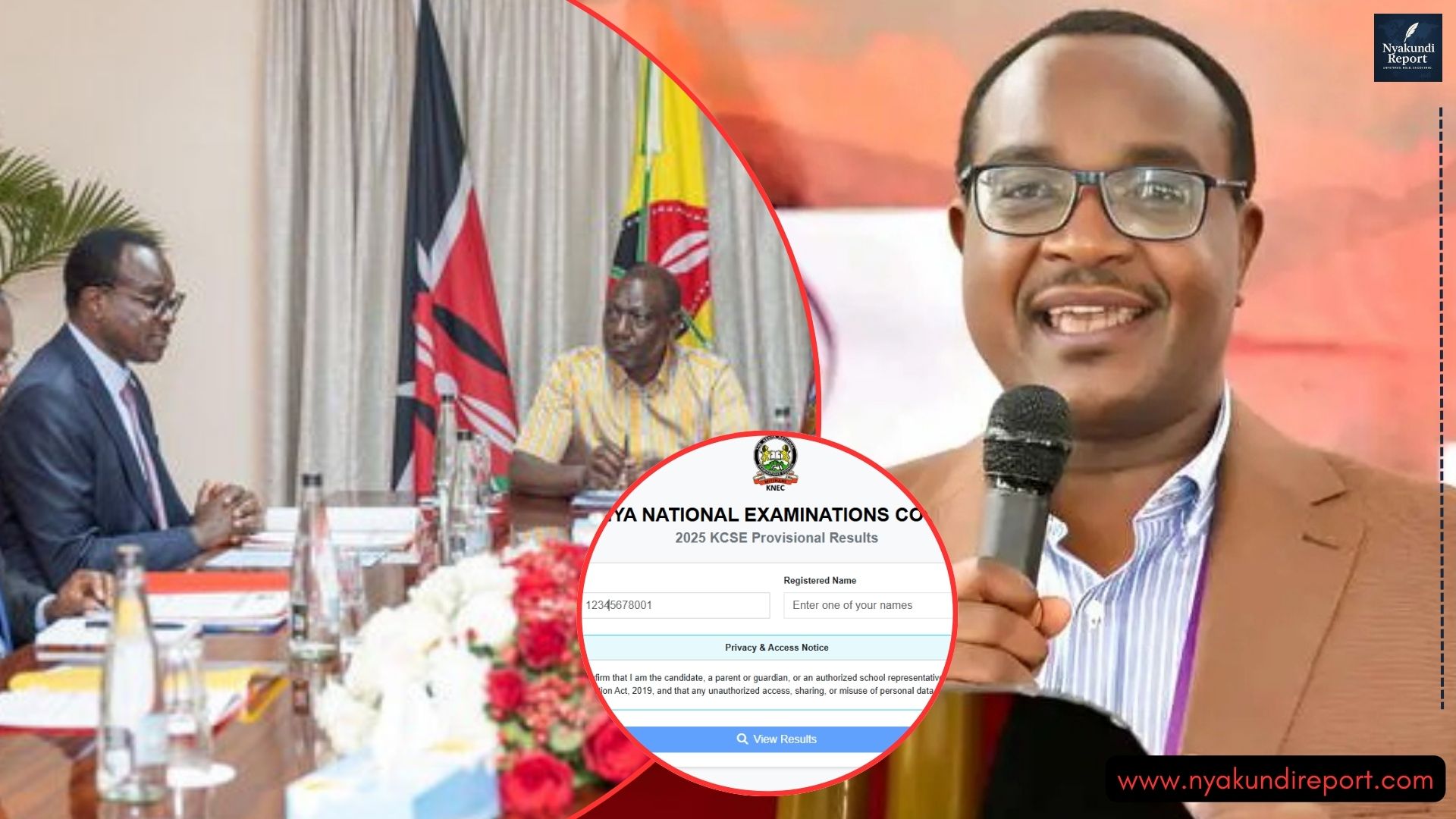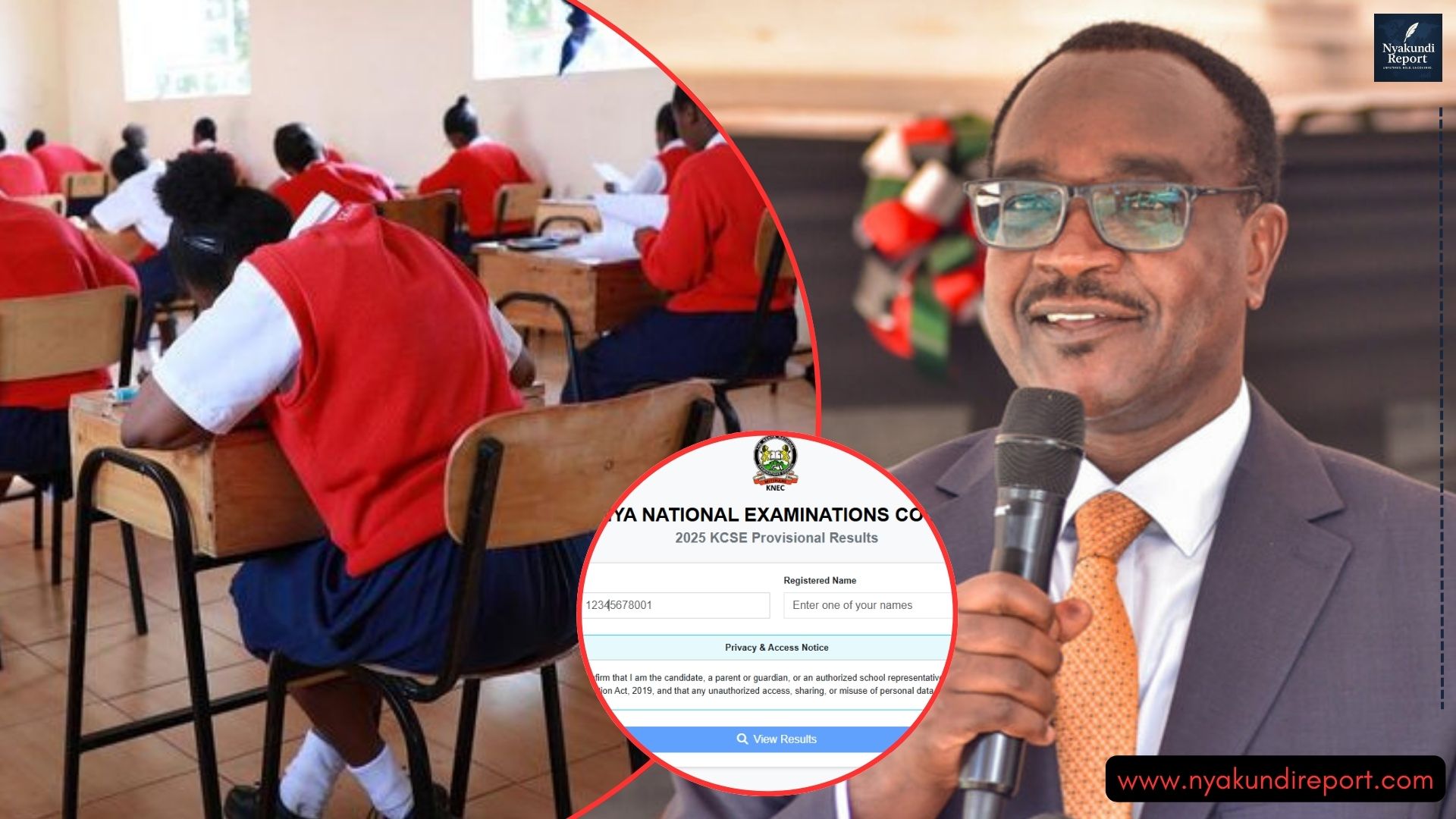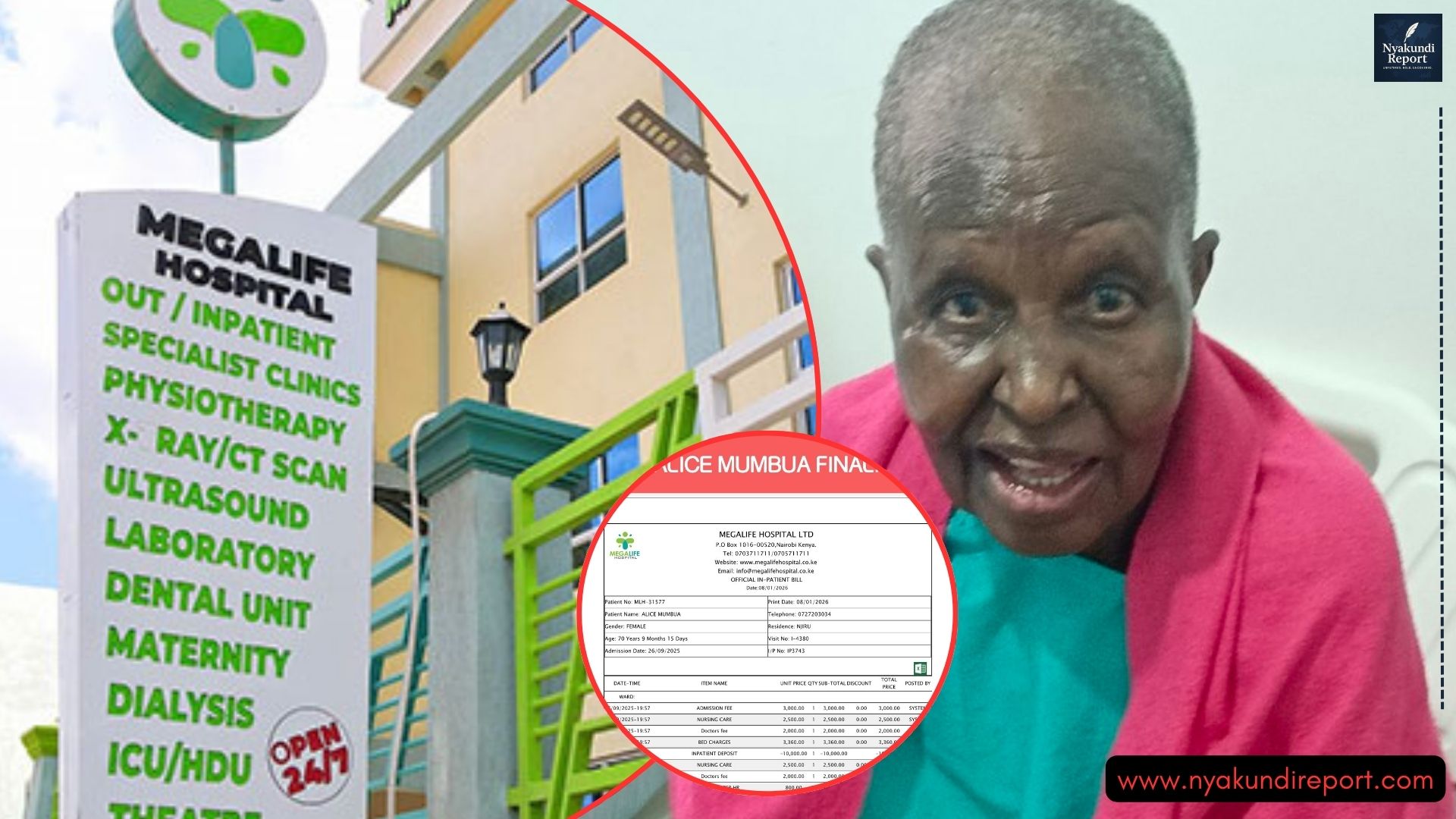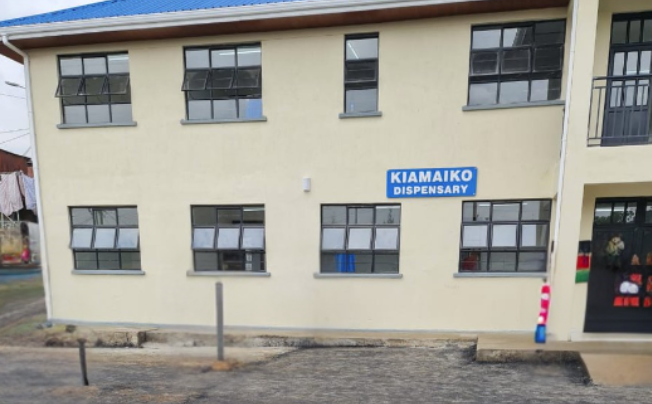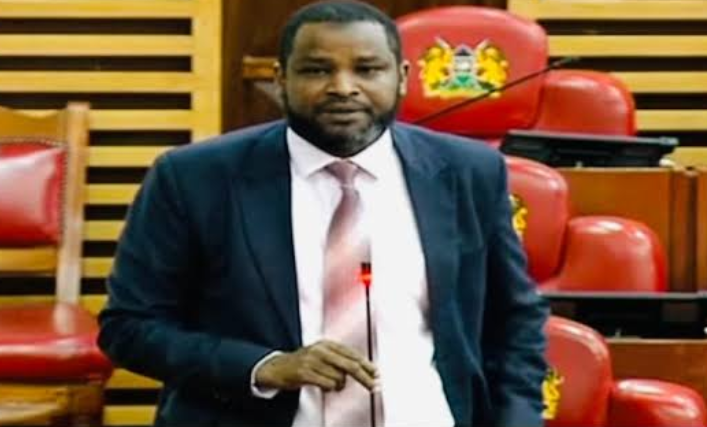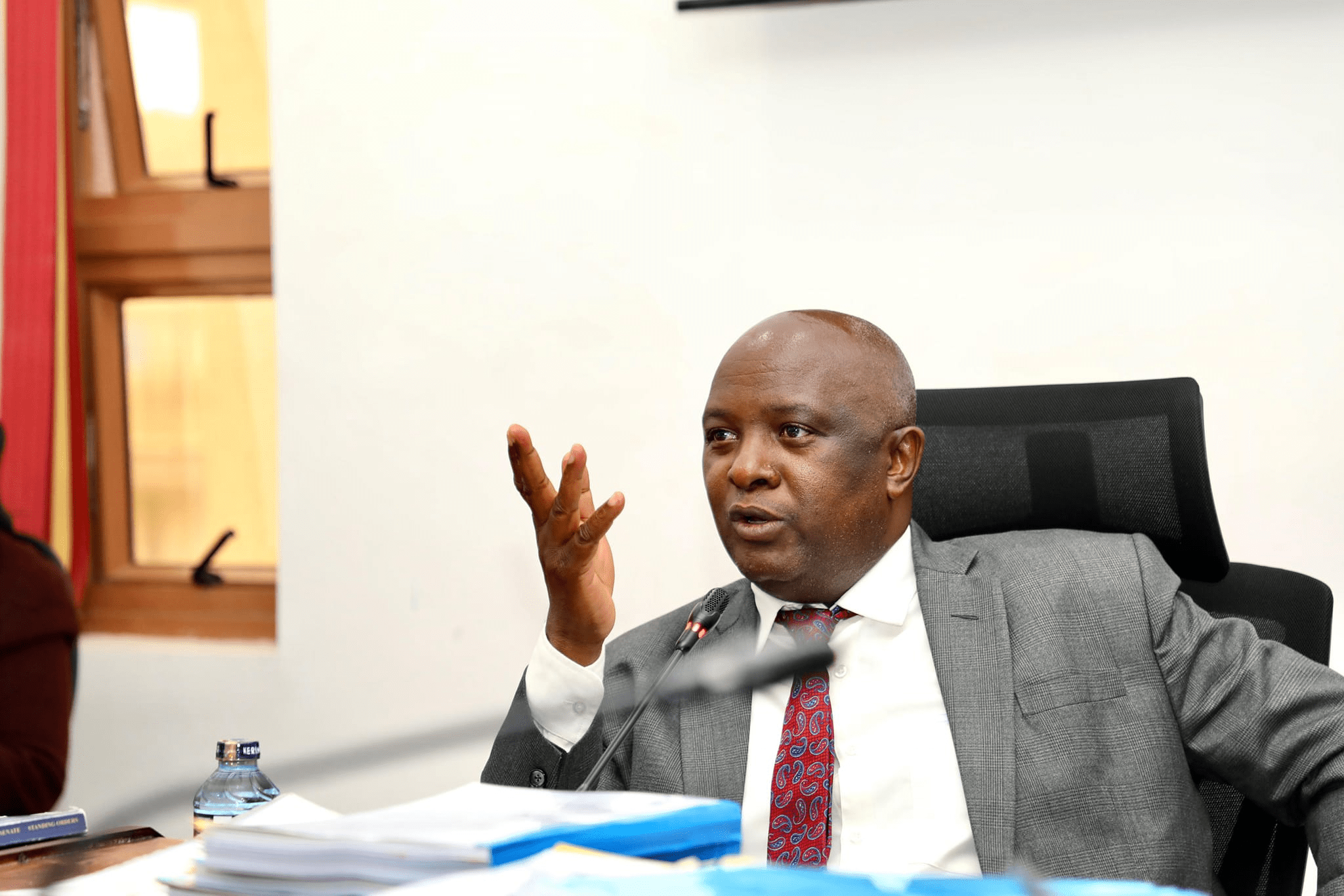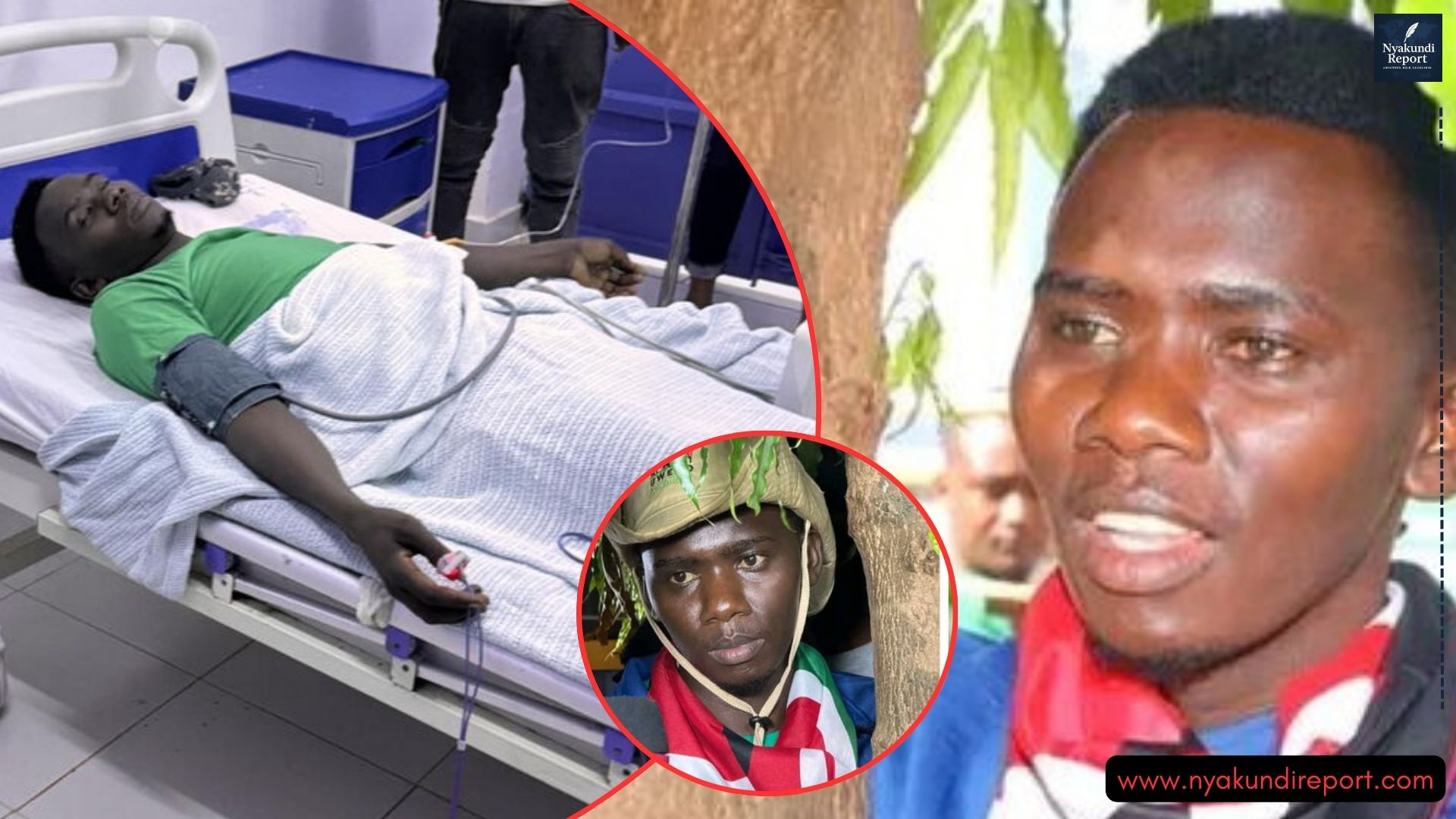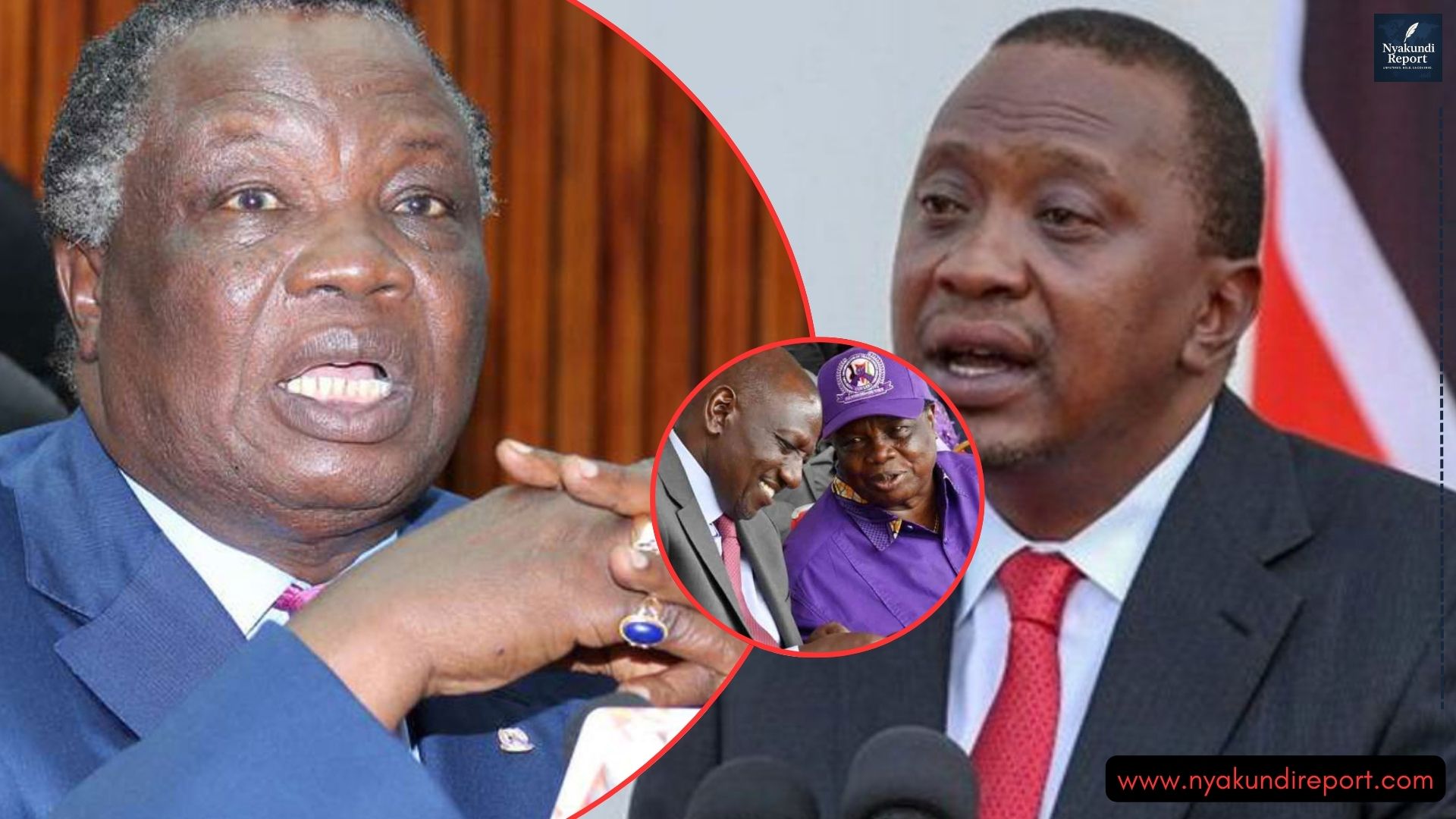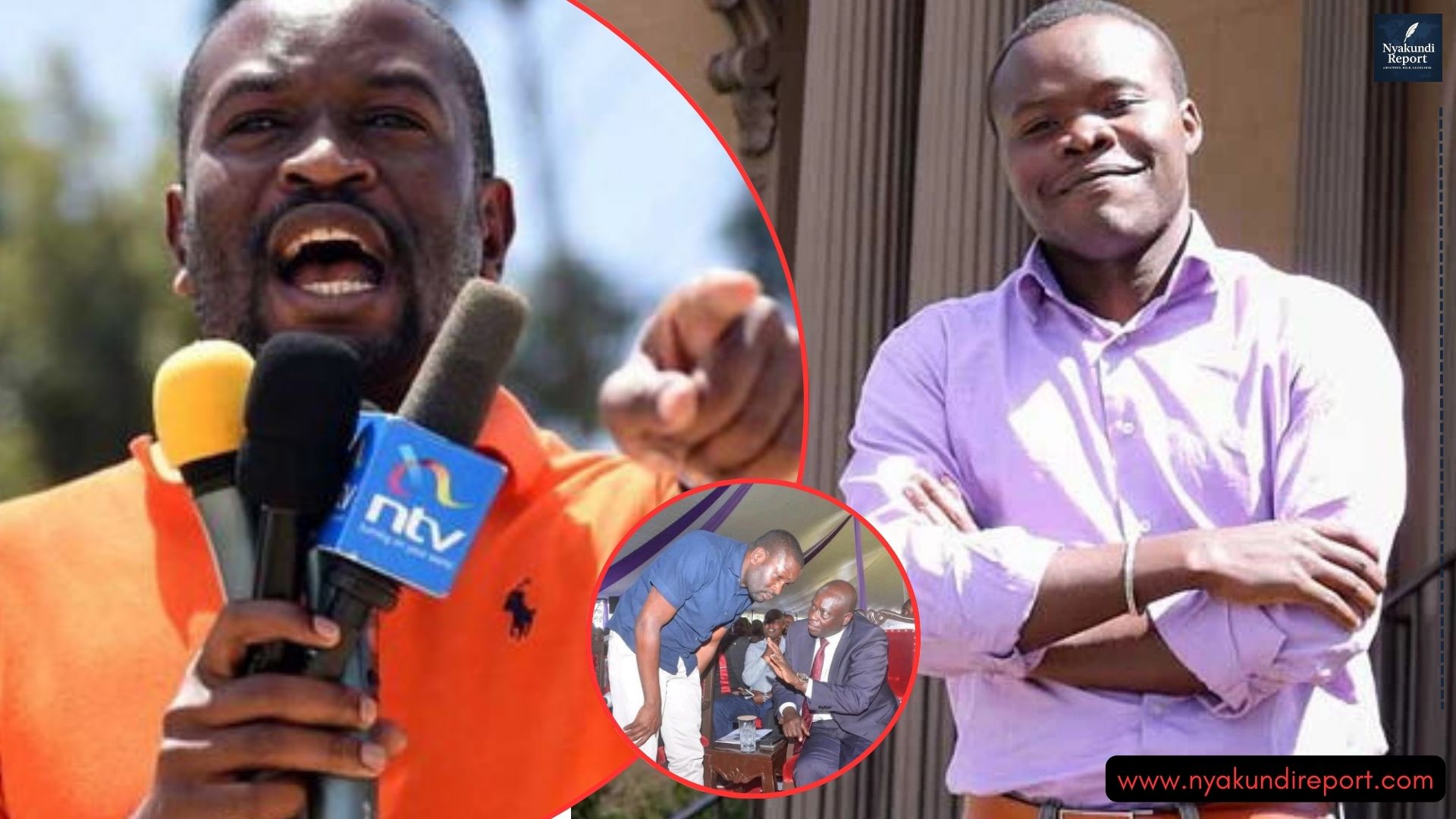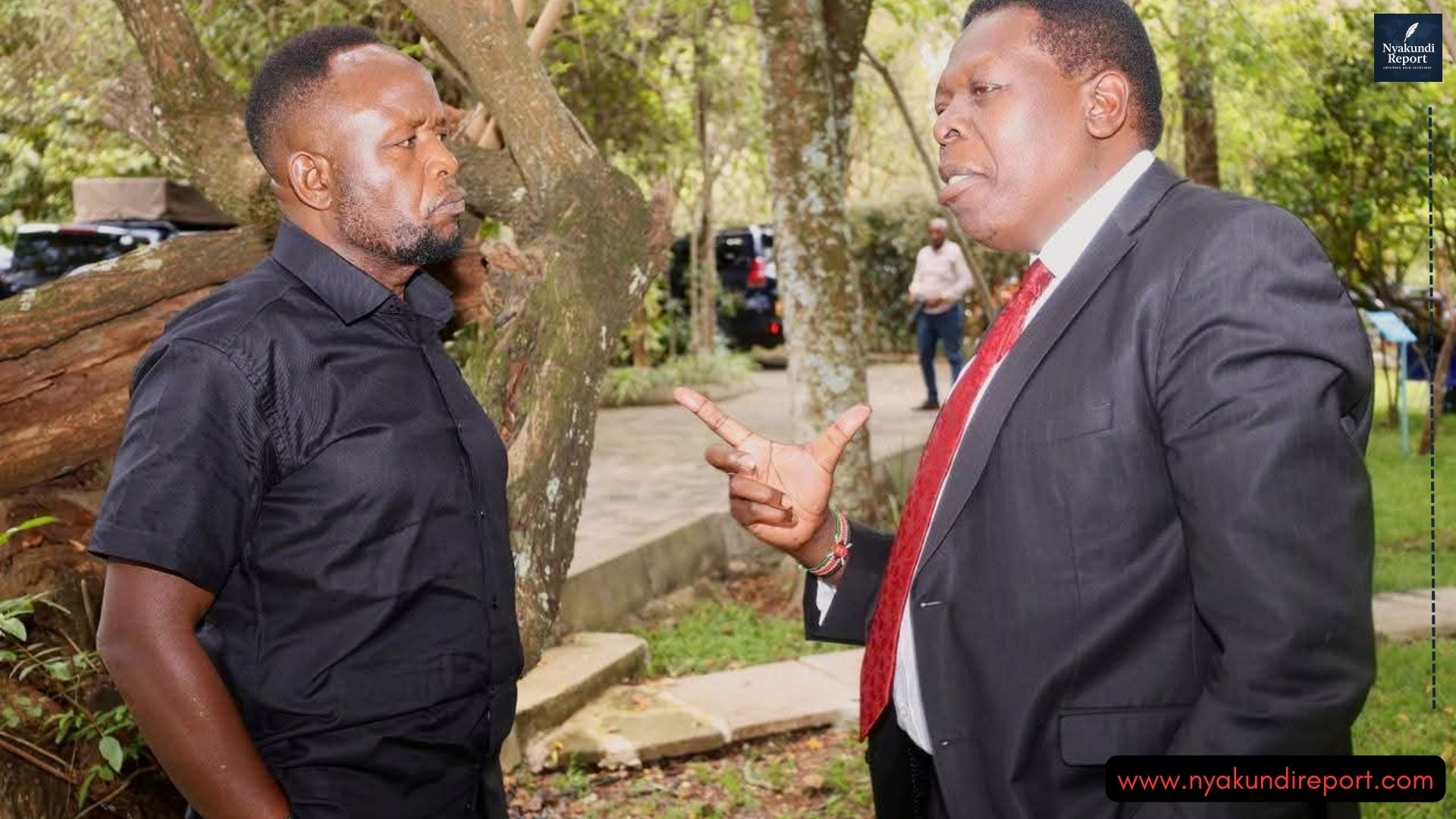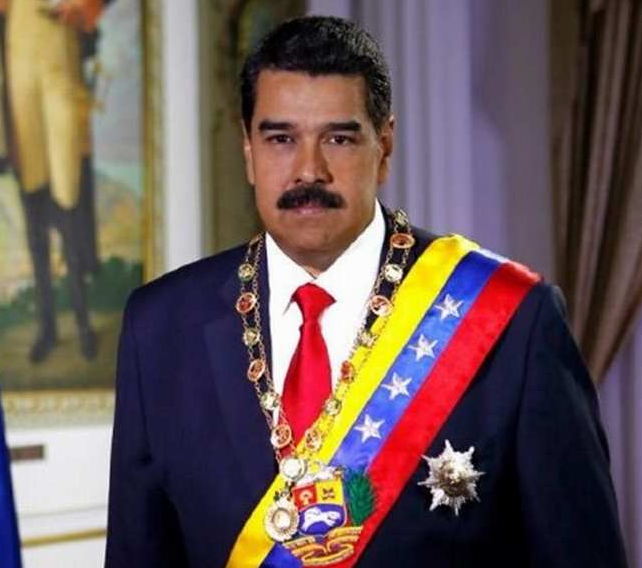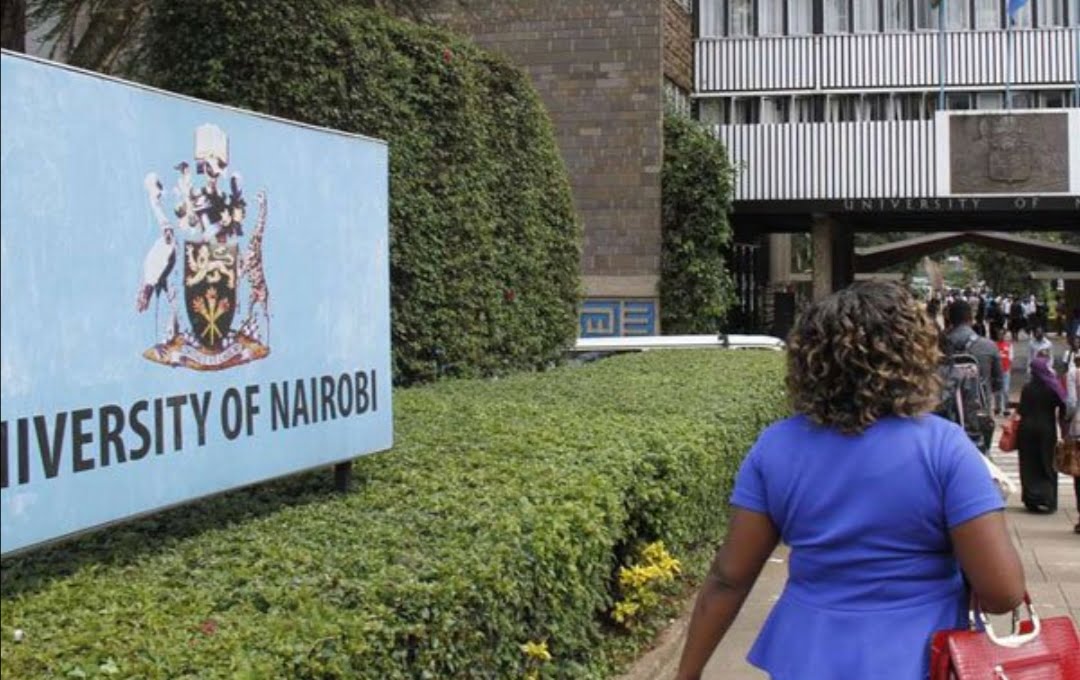A damning confidential letter sent to the Ethics and Anti-Corruption Commission (EACC) has lifted the lid on what appears to be widespread corruption and abuse of office in the Kakamega County Government, implicating Governor Fernandes Barasa and several senior county officials.
Authored by a group identifying themselves as employees of the Kakamega County Government, the letter outlines detailed claims of financial misappropriation, abuse of procurement laws, employment irregularities, and systemic cover-ups involving both local and national actors.

Illegal Appointments and Abuse of Hiring Protocols
The whistleblowers allege that several county appointments including nurses, clinical officers, data clerks, and even the county secretary were made in direct violation of the law, bypassing the County Public Service Board.
Specifically, Chief Officer for Public Service Prisca Otipa is accused of conducting recruitment processes single-handedly under the alleged influence of the governor.
Justice Aggrey Muchelule is named in the letter as having played a controversial role in influencing judicial outcomes in favour of the county executive, allegedly receiving Ksh 50 million to sway court rulings in the Governor’s favour.
The letter raises alarming questions about missing pension deductions, SACCO contributions, and insurance payments that were deducted from employees’ salaries throughout 2024 but never remitted.
Financial Mismanagement and Procurement Scandals
A multi-million-shilling procurement scandal involving the renovation of county offices, purchase of high-end vehicles, and the construction of lavish private offices and personal properties is also highlighted.
The governor is alleged to own secret safes used to store large sums of cash, and to frequently transport this cash, sometimes via helicopter, to Nairobi.
These funds are believed to be proceeds of corruption, including money siphoned from major projects such as the Financing Local-Led Climate Action (FLLOCA) program.
The World Bank, which sponsors the project, reportedly flagged Kshs.293 million as stolen.
The authors of the letter express deep distrust in the EACC, particularly the Bungoma office, accusing its officers of “dining” with Governor Barasa and stalling multiple investigations.
Institutional Failure
Former EACC CEO Twalib Mbarak is also mentioned, accused of shielding county officials due to personal connections with one of the key suspects, Chief Officer for Finance, Jeophita Mwajuma.
The whistleblowers have demanded that a multi-agency team be deployed to investigate the allegations, conduct lifestyle audits, and recover assets suspected to be proceeds of crime, including hostels, apartments, and vehicles linked to senior officials.
They further demand an independent audit of procurement processes, ghost projects, and county payment accounts managed by a close-knit clique of finance department staff.
The document also highlights more disturbing details of financial malpractice and nepotism involving senior county officials.
A staggering Kshs.143 million was reportedly paid by Dr. Alila to a company that “supplied air” to the Department of Health—implying fictitious procurement. Another Kshs.43 million was allegedly siphoned from the same department for ghost projects.
When the Assembly’s Health Committee initiated inquiries into these payments, it was quickly compromised, undermining any hope for accountability.
Another Kshs.37 million of public funds was funneled through an event organizing company to renovate the privately owned Mumias Sugar Sports Complex, all for the Governor’s Cup, an event not captured in the county budget.
More funds were spent on purchasing attires and Ksh 37 million more paid to a little-known local media outlet with minimal viewership, raising questions about the motive behind such extravagant, unbudgeted spending.
The now-stalled investigation into the procurement of fake fertilizer meant for farmers took a shocking turn when the County Criminal Investigations Officer (CCIO) allegedly received a Ksh 300,000 bribe from the Governor, delivered through Chief Officer Emmanuel Kariuki. Kariuki is said to have openly bragged that “nothing will happen,” and indeed, the case vanished without a trace, pointing to deep-rooted collusion between county officials and law enforcement.
Governor Barasa’s brother, Justus, and nephew, Fabian Musamiah, reportedly secured a Ksh 6.3 million road maintenance contract through Manacom Construction Co. Ltd. Likewise, the Governor’s sister was awarded another road contract worth Ksh 3.2 million via Faith Young Enterprises Ltd.
These contracts were issued under suspicious circumstances, fuelling accusations of conflict of interest and abuse of power.
Further nepotistic practices include the shortlisting of Governor Barasa’s brother-in-law, George Wanjala, for the position of Director, Education Support, in the County Public Service Board.
His name appeared under shortlist number 03 of 11/2023, with interviews held at the Mumias Municipal Offices, raising further concerns about favoritism and manipulation of public hiring processes.
The document further alleges that wherever the Governor goes, his aides reportedly receive Kshs. 5,000.00 each, daily, directly from him, raising questions about the source and accountability of this cash disbursement.
Abuse of State Resources and Unexplained Expenditures
It also calls for an investigation into the bank and M-Pesa transactions of the Governor’s bodyguard, Justus Wechuli, an administration police officer.
He is believed to be the Governor’s key conduit in executing illicit financial dealings, often transacting large amounts using his wife’s accounts to avoid detection.
The so-called comprehensive medical cover for county staff through MTIBA is described as a sham.
Staff, especially junior officers, are reportedly forced to pay for treatment out-of-pocket despite deductions from their salaries, suggesting a major scam involving brokers and proxies.
Concerns are also raised about the Governor’s unilateral decision to move the county’s main bank account from Cooperative Bank to Kenya Commercial Bank (KCB), which allegedly disrupted timely salary payments.
The switch is believed to have been motivated by kickbacks negotiated through CECM Mophat Mandela.
A selection panel for appointing County Public Service Board members was allegedly never gazetted, yet proceeded to secretly conduct interviews without publishing a shortlist, violating standard hiring procedures.
Millions of shillings are said to be transferred to a specific female staff member, who then withdraws the money via M-Pesa agents and reportedly hands it to First Lady Prof. Janet Kassily Barasa, suggesting abuse of state resources for personal enrichment.
Violent Incitement, Unpaid Salaries, and Fake Road Projects
The document also demands an inquiry into the Matungu funeral incident on 8th February 2025, where youths allegedly hired by the Governor were caught on camera admitting they were paid to incite violence.
Despite public outcry and calls by the CS for Interior for a statement, no legal action has been taken against the Governor.
It further details how at every public function, Governor Barasa is said to line up attendees and give each Ksh 200.00.
Critics argue this is unsustainable and suspicious, especially as salaries remain unpaid, raising concerns about the source and intent of these funds.
A major area of concern involves the ten-kilometre road projects per ward, which are allegedly not meeting the promised length. Yet, they are still paid in full, with contractors reportedly kicking back 40% to the Governor, according to the whistleblowers.
The Governor is accused of using contractors’ payment certificates to secure disbursements from the Controller of Budget, even though the contractors remain unpaid.
For readers seeking a comprehensive view of the full whistleblower letter, which contains all the specific details and allegations, the complete document is available for review in its entirety below.
